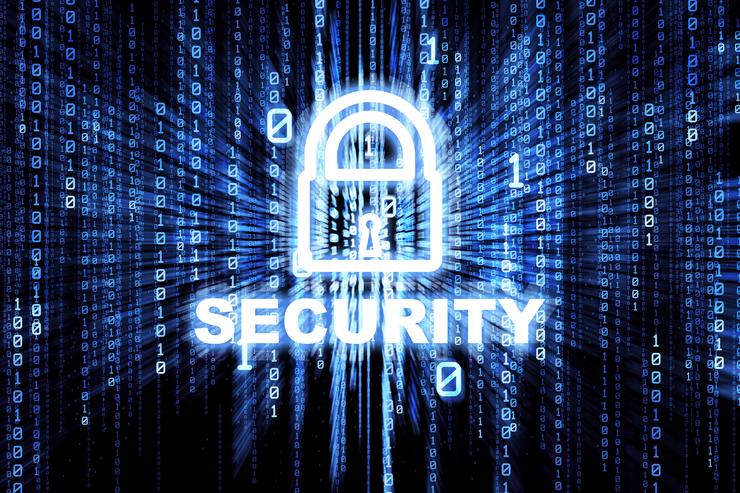
The economic agenda of A/NZ needs to be cyber-enabled: Cisco
Making data safe – from a legal construct to a literal construct – may well be one of the ways that economies differentiate themselves when it comes to being a cyber-enabled economy, according to Cisco.
The company’s senior vice-president and chief security and trust officer, John Stewart, said in a market like A/NZ where there is a clear agenda in moving from a digital economy to one that is empowered digitally, considerations need to be made to have a safe, smarter and more robust digital future for the nation.
“Australia is one of the fastest adopters of technology today and a part of that is making the economy cyber-enabled. We need to take the national agenda and weave in what the element of cyber will do to maximise good and minimise bad,” he said.
Last November, the prime minister announced the Australian Government would undertake a review of Australia’s cyber security policies and strategies, to protect the country’s networks from cyber attacks and ensure Australia benefits from the opportunities afforded by a safer, smarter and secure digital economy.
Cisco is a key contributor to the Australian Prime Minister and Cabinet’s 2015 Cyber Security Review and Stewart claimed it provides considerations and recommendations to corporate governance with regards to cyber security.
In this advisory capacity, Cisco has been able to assist the Australian Government in determining the objectives required to enhance Australia’s cyber security maturity and elimination of the financial cost of cyber crime and disruption, by recommending safer mechanisms and the associated steps for implementation, which prevent or minimize cyber security incidents.
“Because cyber has become a risk to itself, what is the government doing to facilitate businesses protecting data and serving the customer?” Stewart said.
According to him, it should start with building the national capacity ‘engine’ - educating those that are still in high-school as they are those that need to be trained for the next generation’s job or this generation’s needs.
“We’re going to be depending on the teenagers we watch every day to keep all of our data and information and services safe. So they need to know what they’re doing long before they enter the workplace. It’s a long-term play.”
Stewart also addressed the need for security companies to work together within the vendor space for multi-sector information sharing, including threat research and intelligence.
“We as an industry need to make things simpler as opposed to having another company for another problem. Thousands of security companies have been started over the last five years so we have to make things easier to integrate,” he said.
“A way to do it is by building hardware platforms that can make software deployable quickly and when a new security vendor comes along, they can just drop their software onto it for it to work. It’s not easy but absolutely necessary.”
He also stressed the importance for government and private industry to work with each other.
“It’s about having success as a country. It’s about making the issue a positive instead of as a scare tactic. It can turn into something that can make your entire economy different from a services standpoint for the world and that’s what we should be spending our energy on."
Some other Cisco recommendations for a secure cyber future in Australia include:
- A National Cyber Security Strategy that aligns national resources to drive a ‘cyber-enabled’ national economy, that positions Australia to maximise the advantage of digital market transitions
- Uplifting national cyber security leadership
- Cyber Security as a differentiator for international representation through multilateral and bilateral frameworks and trade
- The development of state-based cyber centres and learning hubs as an extension of the Australian Cyber Security Centre (ACSC)
- Incentives for accelerating innovation, as well as positive cyber security behaviours and outcomes
“These recommendations are reflective of where we need to aim, the key drivers for achieving better cyber security practices and a framework for securing Australia’s long term digital and economic future,” Stewart added.




